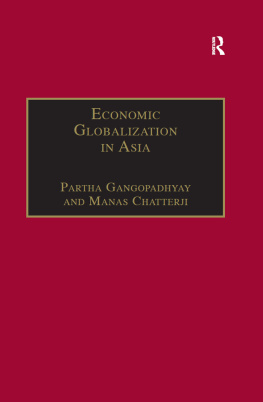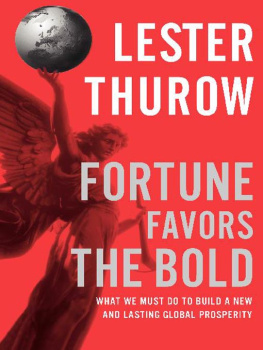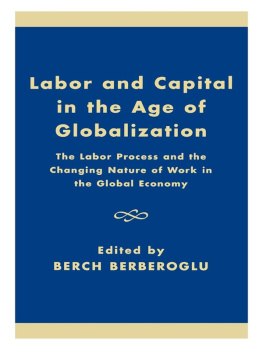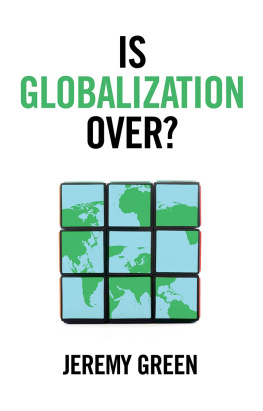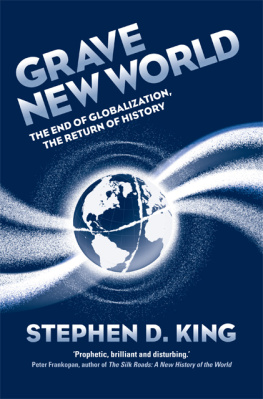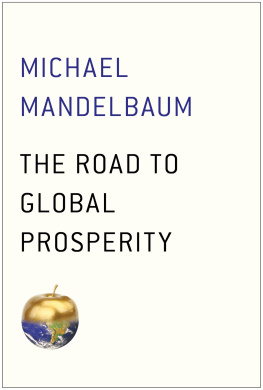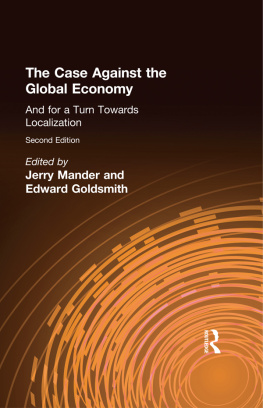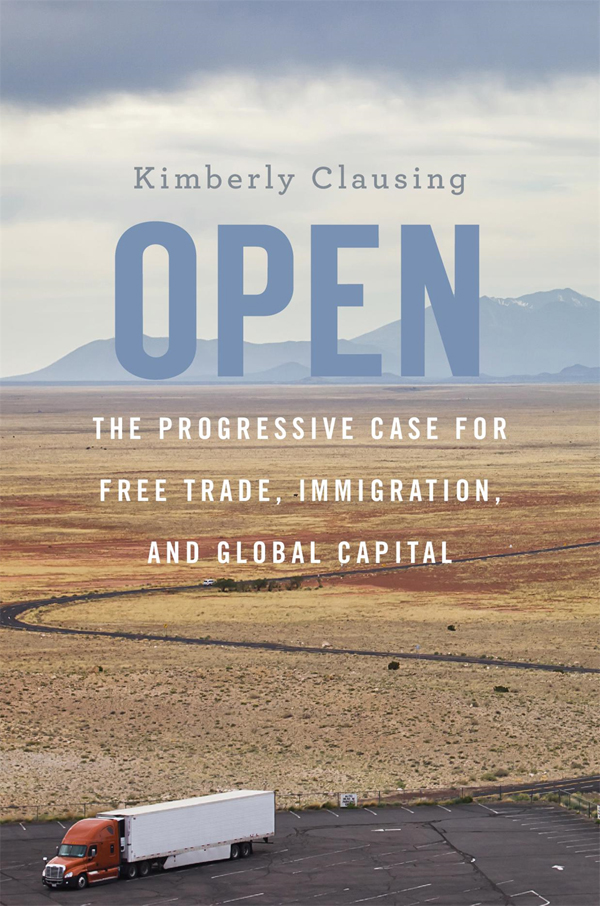Contents
Guide
Pagebreaks of the print version
OPEN
The Progressive Case for Free Trade, Immigration, and Global Capital
K IMBERLY C LAUSING


Cambridge, Massachusetts
London, England
2019
Copyright 2019 by the President and Fellows of Harvard College
All rights reserved
Jacket photo: JohnnyH5/iStock/Getty Images Plus
Jacket design: Jill Breitbarth
978-0-674-91933-4 (alk. paper)
978-0-674-23916-6 (EPUB)
978-0-674-23917-3 (MOBI)
978-0-674-23915-9 (PDF)
The Library of Congress has cataloged the printed edition as follows:
Names: Clausing, Kimberly A., author.
Title: Open : the progressive case for free trade, immigration, and global capital / Kimberly Clausing.
Description: Cambridge, Massachusetts : Harvard University Press, 2019. | Includes bibliographical references and index.
Identifiers: LCCN 2018033462
Subjects: LCSH: Free tradeUnited States. | GlobalizationEconomic aspectsUnited States. | EmployeesUnited States. | United StatesCommerce.
Classification: LCC HF1713 .C59 2019 | DDC 330.973dc23 LC record available at https:// lccn .loc .gov /2018033462
For Arthur, Willa, Ursula, and Holden
Contents
In January 2017, Donald J. Trump was sworn in as president of the United States. His election reflected a tide of populist dissatisfaction with economic stagnation, and the perceived threats of globalization and immigration, although of course there were other factors at work in his victory.
In his inaugural address, Trump acknowledged popular discontent with globalization explicitly and repeatedly. One excerpt:
From this day forward, its going to be only America first. America first. Every decision on trade, on taxes, on immigration, on foreign affairs will be made to benefit American workers and American families. We must protect our borders from the ravages of other countries making our products, stealing our companies and destroying our jobs. Protection will lead to great prosperity and strength.
Despite his harsh rhetoric, Trumps diagnosis and policy solutions are attractive to many Americans, including some on the left. And these nationalist sentiments are not a uniquely American phenomenon; backlashes against globalization have intensified in many other countries, from both the right and left ends of the political spectrum.
This book defends global economic integration, arguing from a perspective that consistently prioritizes the needs of American workers. The substantial challenges of middle-class economic stagnation and increasing income inequality require bold, serious policy responses. But they dont require a retreat from globalization.
The plight of the American worker is very real. For decades, economic inequality has increased, and the vast majority of income growth in our economy has ended up in very few hands. Median wages have grown very slowly and, for the first time in generations, American children can no longer reasonably expect standards of living higher than those of their parents.
At the same time, the importance of capital and corporate profits in the economy has surged; since 2000, corporate profits are 50 percent higher as a share of national income than they were in previous decades, and the share of national income accruing to workers as wages has fallen steadily.
These changes have been systematic, they have happened over decades, and they are large. Indeed, these are the most pressing economic problems of modern-day America. However, knee-jerk solutions to these problems risk making matters worse, harming the very people they claim to help, hurting the future potential of the economy, and weakening our international relations and our capacity to respond to policy challenges.
Blaming foreigners (whether trading partners or immigrants) implies quick and easy solutions to our economic problems. With more restrictive immigration laws, tighter borders, tariff barriers, tough negotiating with our trading partners, and tough talks with our own companies, we are promised a return to the halcyon days of yore: a time when the American dream


